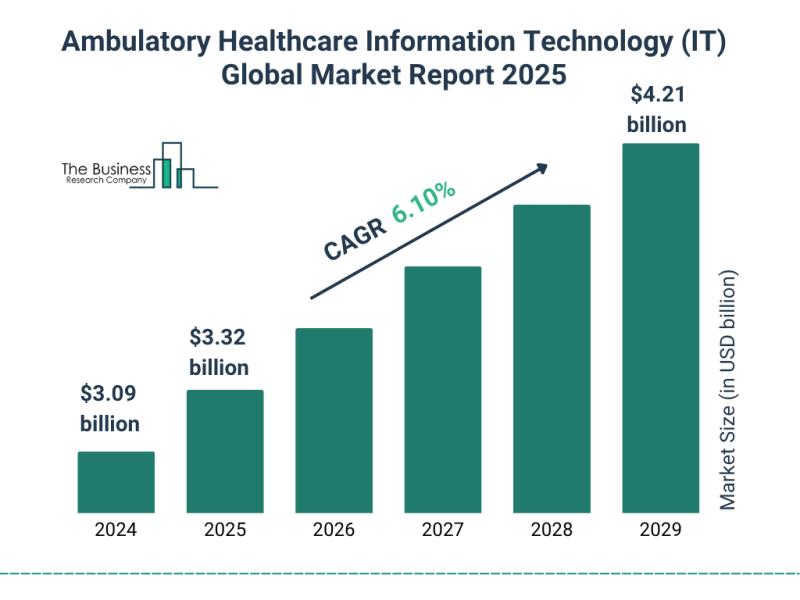Merck Healthcare Korea spotlights Pergoveris amid rising infertility, aging demographics < Pharma < Article
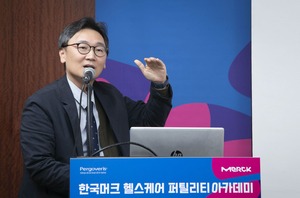
Merck Healthcare Korea hosted its Fertility Academy media session in Seoul on Thursday, marking Infertility Family Day and highlighting treatment strategies for infertility in an era of declining birth rates and population aging, as well as the clinical value of Pergoveris, its infertility treatment.
The session was organized to raise awareness of infertility and underscore the growing need for personalized treatment approaches as the proportion of older mothers in Korea continues to rise.
Infertility Family Day, designated to encourage couples undergoing treatment, provided the backdrop for discussions on how Pergoveris can support clinical outcomes in a rapidly evolving treatment landscape.
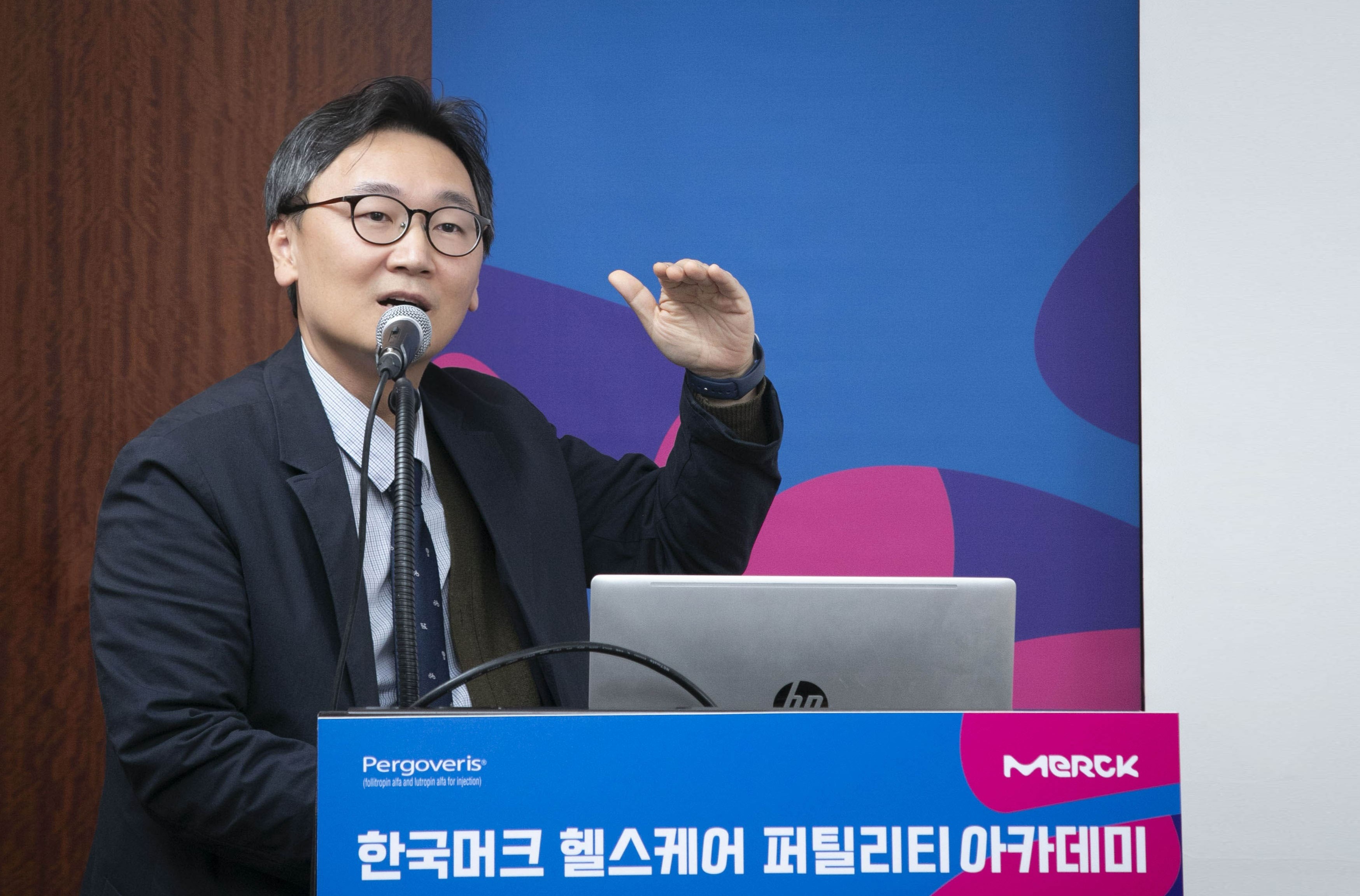
In the first session, Professor Lee Hee-jun of the CHA Fertility Center reviewed demographic trends and global clinical evidence to assess Korea’s infertility environment.
Lee noted that demand for infertility procedures is increasing sharply due to the rising number of older women seeking treatment. In 2022, women aged 35 or older accounted for about 70 percent of all infertility procedure recipients.
Lee explained that ovarian function declines rapidly after age 35, often leading to low ovarian response, which reduces ovulation efficiency and lowers fertilization and implantation rates.
He emphasized that treatment strategies must balance FSH and LH levels, particularly for older patients or those with diminished ovarian reserve.
“For older women and those with low ovarian response, combining recombinant LH from the start of stimulation has been shown in multiple studies and international expert consensus to improve both implantation and pregnancy success,” he said.
Lee also presented global clinical findings demonstrating the effectiveness of Pergoveris, Korea’s only recombinant FSH plus LH combination therapy.
According to Lee, Pergoveris showed significant improvements over FSH monotherapy in pregnancy rates, cumulative pregnancy rates, and pregnancy per embryo transfer.
“The real-world data from around 10,000 low-response patients showed higher cumulative live birth rates in those treated with recombinant FSH plus LH versus FSH alone, with the benefit becoming more pronounced as ovarian response decreased,” he said. “The preference for FSH plus LH combination therapy is growing in Korean clinical practice, with Pergoveris taking a central role.”
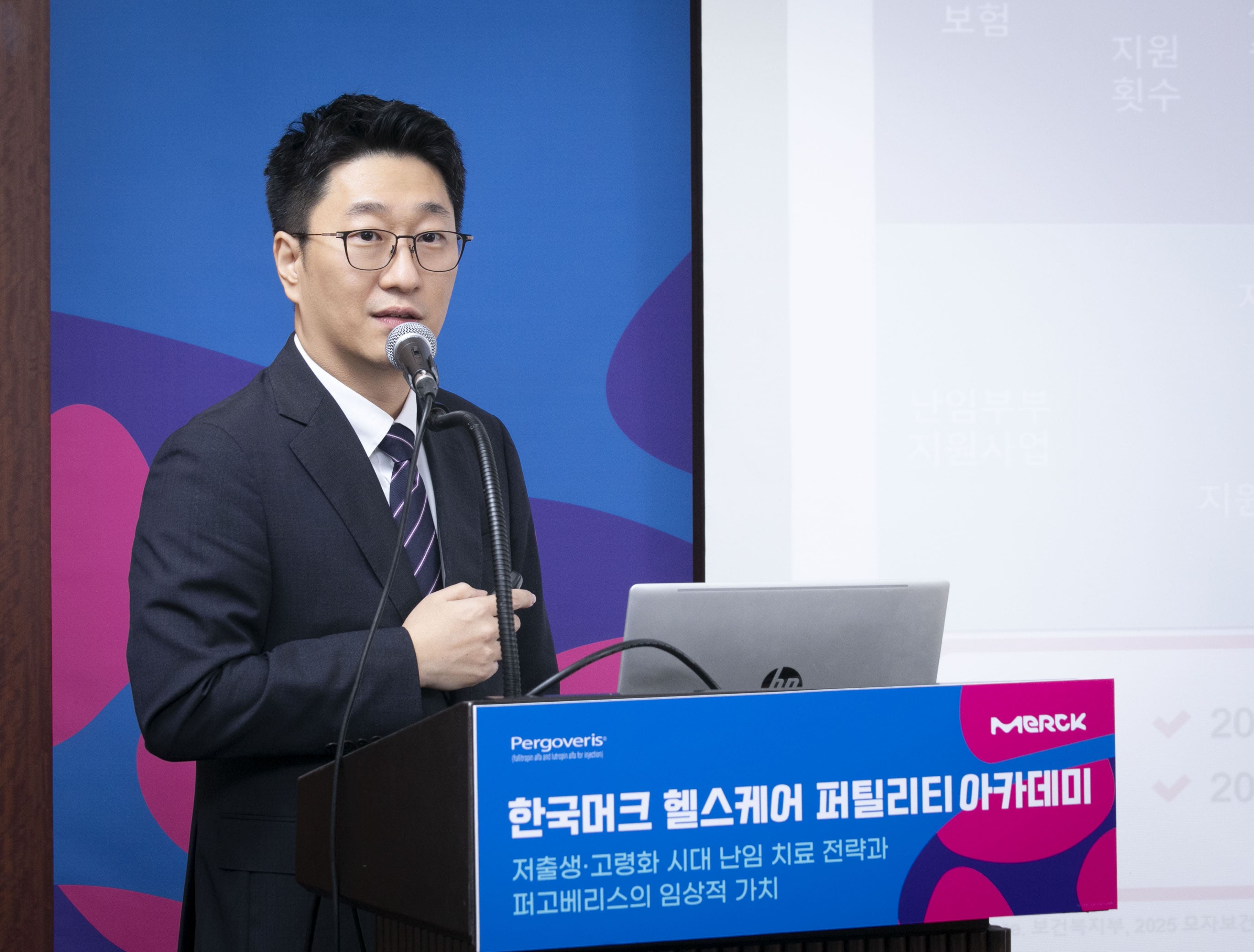
In the second session, Kim Uk, head of the infertility business unit at Merck Healthcare Korea, outlined the company’s long-standing leadership in reproductive medicine.
“Merck provides a comprehensive, full-cycle portfolio covering every stage of in vitro fertilization and is expanding its role beyond treatment supply to broader initiatives aimed at addressing declining birth rates,” Kim said.
These efforts include the Fertility Counts initiative for the Asia-Pacific region, the Family Friendly Future Forum involving companies, academia, and government partners, and collaborations with infertility patient groups.
“Merck will continue to work closely with policymakers and medical societies to improve Korea’s infertility care environment and support healthy pregnancies through Pergoveris,” he said.
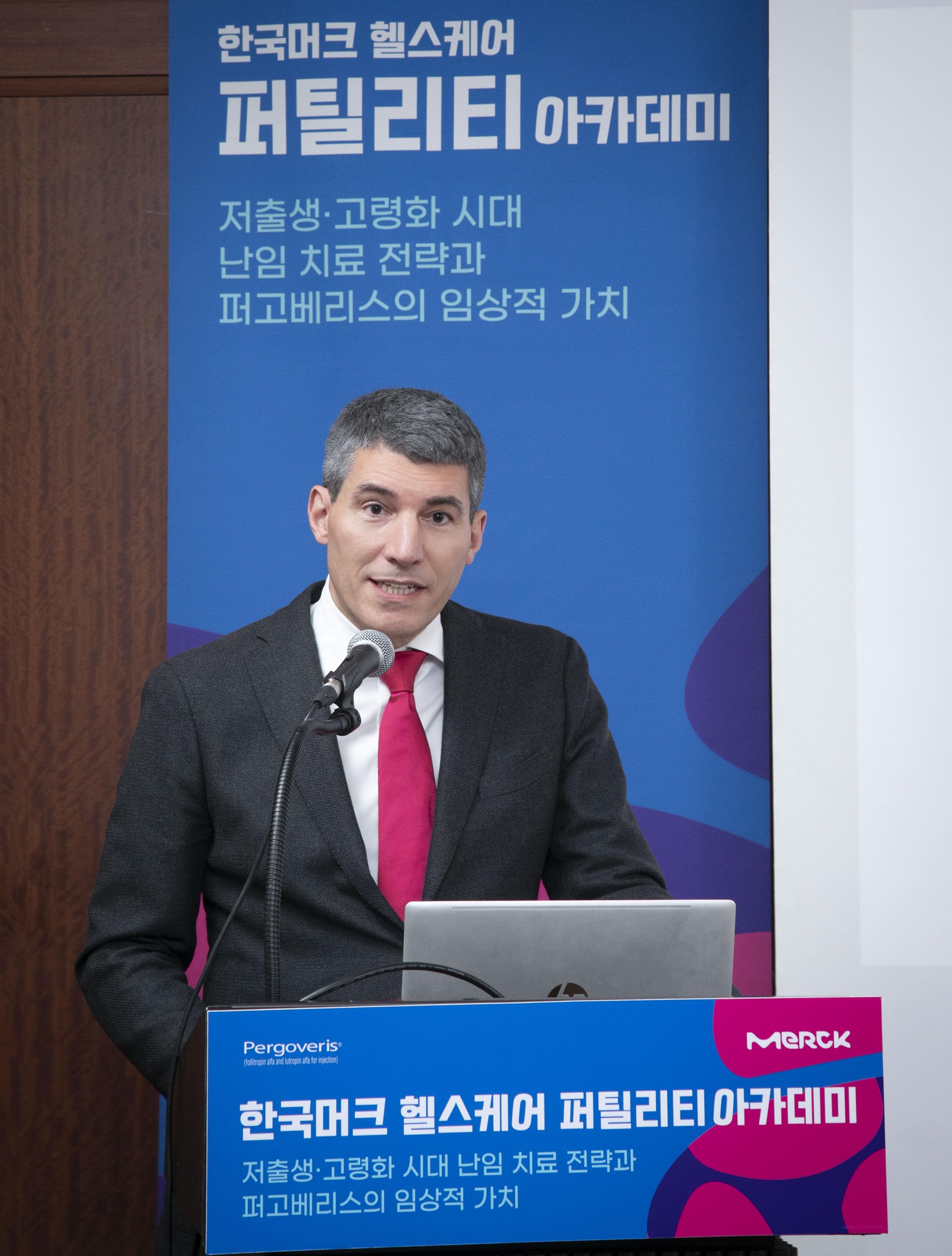
Alexander Steinbach, senior vice president and global head of Merck Healthcare’s fertility franchise, also participated in the event.
He noted that advancements in infertility treatment now play a crucial social role as birth rates fall and the population ages.
“The Fertility Academy provided an opportunity to share both the clinical value of Pergoveris and the company’s work to address low fertility worldwide,” Steinbach said.
Steinbach reaffirmed Merck’s commitment to delivering innovative fertility therapies and supporting progress in infertility care globally.
link




